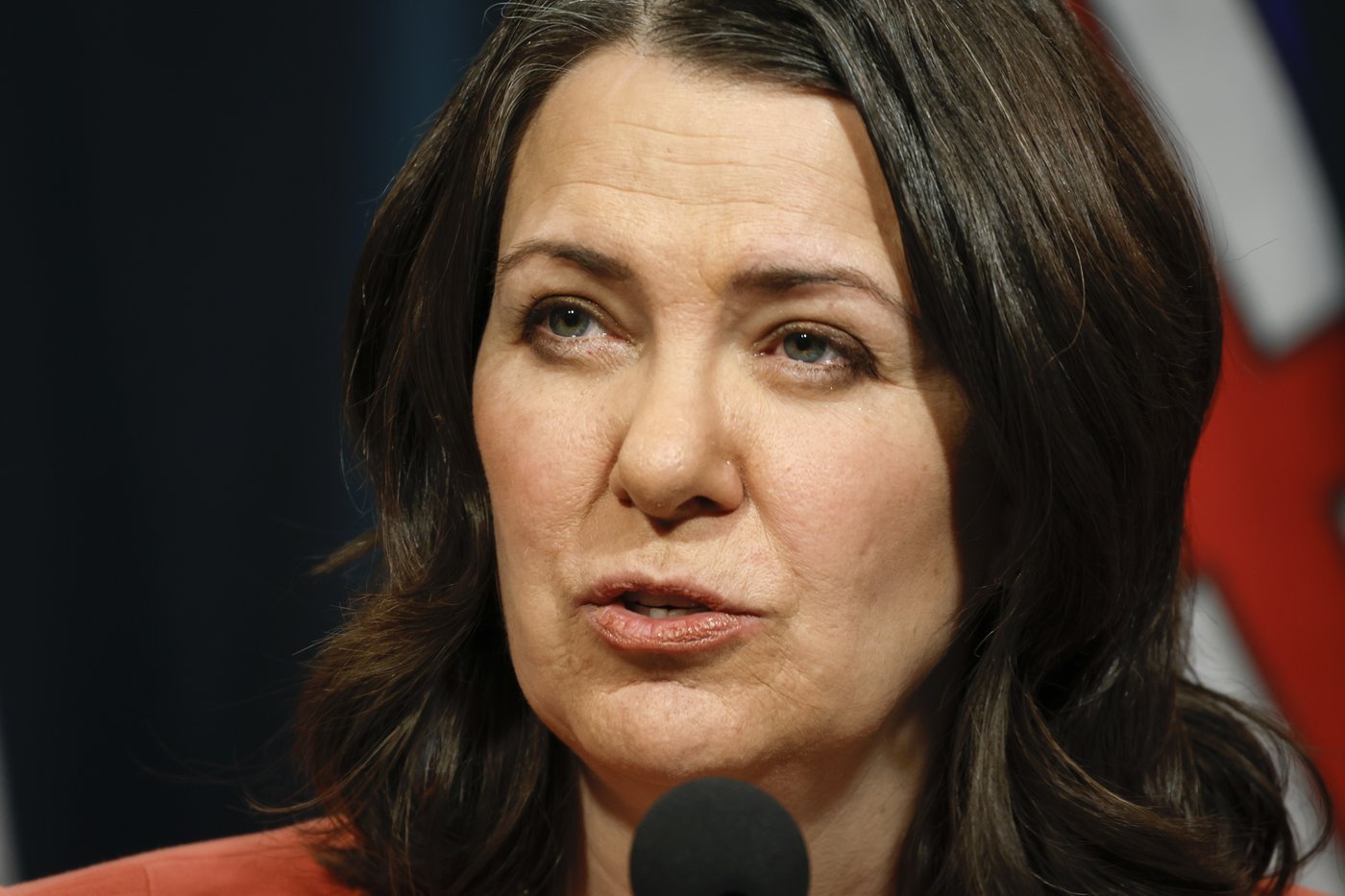Alberta Premier Danielle Smith says she won’t introduce legislation to pardon those convicted of COVID-19 public health violations because she has been advised to let the courts handle it.
Smith says she is following the direction of Justice Minister Tyler Shandro and the deputy attorney general.
“The advice (Smith) was provided was that Crown prosecutors independently make assessments on whether to proceed with prosecutions based on whether they are in the public interest and whether there is a reasonable likelihood of conviction,” said Smith’s office in a statement Tuesday.
“The premier respects this independence and the independence of the courts.”
The United Conservative Party premier had promised as recently as October to seek redress for COVID-19 rule breakers, perhaps through amnesties and pardons, but last week said she will instead focus on letting the courts and prosecutors handle the cases.
Pardoning provisions exist at the federal level and Ottawa has used them to offer exemptions to those convicted of simple criminal possession of cannabis.
Smith could create a similar framework to pardon COVID-19 public health violators in Alberta but would need to pass a bill.
The premier’s office said she has no intention of doing that.
The issue flared up last week when Smith announced she was abandoning the possibility of pardons and was instead talking to justice officials about COVID-19 cases. She said she reminded them about departmental guidelines, that all cases must be assessed on whether they are in the public interest and have a reasonable likelihood of conviction.
The Opposition NDP said that constitutes interference in the administration of justice. In the days that followed, the issue became more confusing as Smith delivered contradictory explanations on who she talked to, when she talked to them and whether the discussions were done or ongoing.
On Tuesday, NDP justice critic Irfan Sabir formally asked the justice minister in a letter to launch a third-party investigation.
“Any attempts by the premier to remind (justice officials) of their own (prosecuting) criteria, or any questioning of prosecutors’ judgment, can only be seen as interference,” Sabir wrote in the letter.
Justice Department spokesman Jason Maloney responded in a statement. “The Alberta Crown Prosecution Service has confirmed that the premier has never spoken with any Crown prosecutors about any court/legal matters that they deal with. No further action is therefore required.”
Political scientist Duane Bratt said Smith affects the conversation simply by inserting herself into the debate.
He said earlier this week prosecutors withdrew two charges against a woman in relation to the COVID-19 protest blockade a year ago at the Canada-United States border crossing at Coutts, Alta.
“Was (dropping the charges) the right decision? Maybe. Was that due to Smith calling Crown prosecutors, to pressuring the attorney general, or to simply making public comments over and over and over again that these charges were unjustified?” asked Bratt, with Calgary’s Mount Royal University.
“How much signalling is going on here?
“(Smith) is really muddying the waters.”
As premier, Smith has apologized to those charged under the restrictions and called those unvaccinated against the virus the most discriminated group she has seen in her lifetime.
In October, she told reporters, “These (charges) were political decisions that were made and so I think that they can be political decisions to offer a reversal.”
This report by The Canadian Press was first published Jan. 17, 2023.
